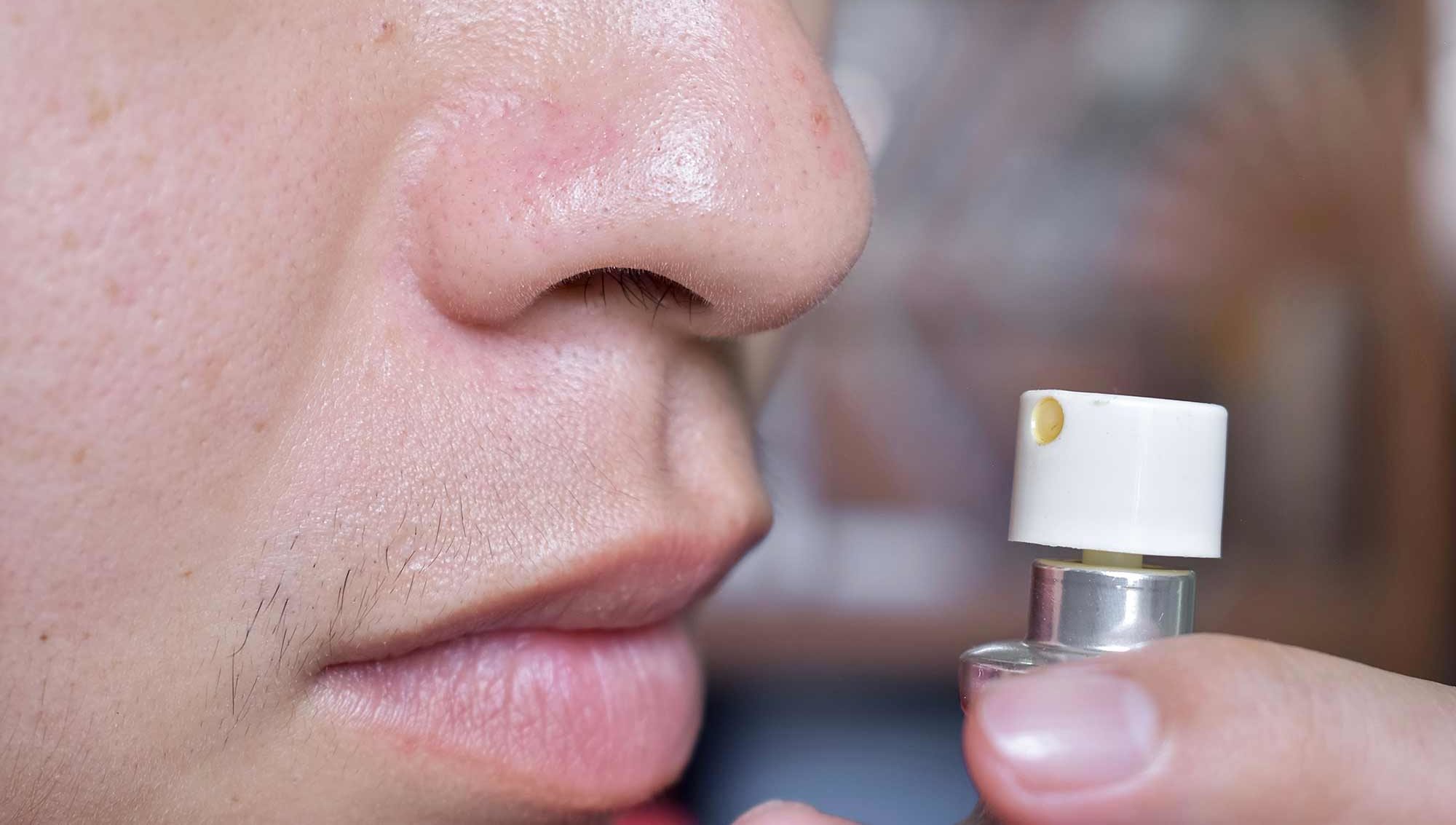 A loss of smell – or anosmia – has been identified as a key symptom of COVID-19. Neel Barchha explains what it’s like living as a long-time sufferer and discusses what dental practices can do to help their patients (and themselves) get it back.
A loss of smell – or anosmia – has been identified as a key symptom of COVID-19. Neel Barchha explains what it’s like living as a long-time sufferer and discusses what dental practices can do to help their patients (and themselves) get it back.
One of the symptoms of COVID-19 is a loss of smell (anosmia) and associated taste (ageusia). Weirdly it’s one of the symptoms that a lot of survivors have said they found most disconcerting – not the ventilators or near death experiences! Up to 25% of those people have still not got their sense of smell and taste back.
Well I’m a bit of a self proclaimed expert on anosmia; not for any other reason other than I’ve suffered with it for most of my life. I say most because occasionally it comes back for a few days and when it does, it feels like how I can imagine it must be to see in colour instead of black and white.
There are a number of possible causes of anosmia: neurological, physical and viral. Although there are lots of causes that an ear, nose and throat (ENT) surgeon can help you overcome, like polyps. But what I wanted to focus on today was how to help you or your patients get it back.
Effects on mental wellbeing
There are five senses of the human body: touch, taste, sight, hearing and smell. Without all of them, one could argue, there’d be no point to living as we are sensory creatures. We should be aware that without a sense of smell and taste (which are very closely related), there can be significant effects on mental wellbeing too. For a foodie like me (evident from my ever-expanding waistline) it was only after my sinus surgery when I noticed something wrong.
Actually to be precise, it was my wife who noticed we were going through uncommon amounts of chilli sauce. I was going to mention to her that dinner was a bit bland, but having been married for a number of years, I knew better. Turns out her cooking was still fabulous and I had become first hyponosmic and then anosmic. Your sense of smell is really only noticeable once you’ve lost it. You may notice some of of your patients lose weight, because they lose the enjoyment of eating (I was the opposite!)
So how can one get it back? In some cases steroids can help along with decongestants, but this is mainly if the cause is physical, rather than neurological or viral. How often do you actually stop and smell the roses? If that answer is not often, then get to it. One of the main reasons (apart from the reasons above) is that we simply forget how to smell.
Practice makes perfect
Just like most things you haven’t practised regularly, the areas of the brain responsible can simply forget. So if you find yourself anosmic, first get yourself checked out with your friendly GP or ENT surgeon. While you’re waiting for an appointment, get on a well-known website named after a very big river. Look for some essential oils. These are the four I would highly recommend you get hold of to practise your sense of smell:
- Flowery – Rose
- Fruity – Lemon
- Spicy – Cloves
- Resinous – Eucalyptus
Also, try to smell things you would usually recognise like fried onions, garlic, bacon, coffee, your favourite aftershaves or perfumes (spray them onto a towel and have a slow gentle inhale rather than a forceful sniff).
If you find yourself anosmic for more than a few weeks, please seek help. I may have made light of it here a little (just my style) and it may not be as severe as losing any of your other senses, but losing two out of five can really stink (pun intended).
- If you’d like further support there’s a great site called Fifth Sense, and look up the following studies:
2015 study: ‘Modified Olfactory Training’ - Plailly and Royets’ 2011 Study
- Prof Thomas Hummel’s 2009 study
In the meantime please stay healthy and don’t forget to stop and smell the roses now and again.


